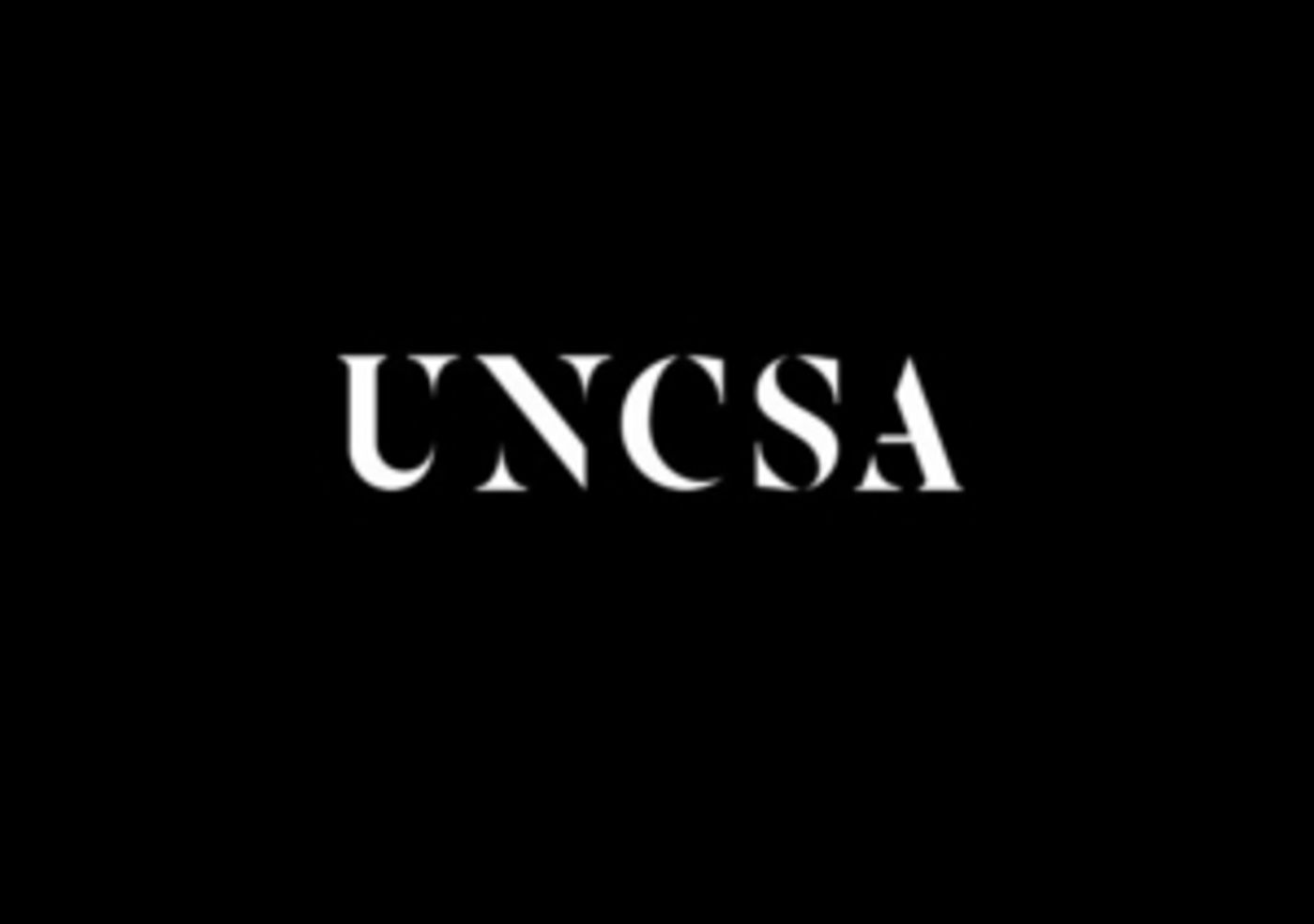BWW College Guide - Everything You Need to Know About University of North Carolina School of the Arts in 2019/2020

With college theatre program auditions just around the corner, we're highlighting some of the country's most prestigious theatre programs and chatting with the schools' faculty to give you insight into what to expect from their programs. Today we're looking at the School of Drama at the University of North Carolina School of the Arts and getting a look at everything from its professional showcases to its collaborations with the Emerging Technology Lab, and more. Check out info on the school and answers about their program below!
The School of Drama at the University of North Carolina School of the Arts is a top-ranked conservatory located in Winston-Salem, North Carolina. The school is ranked as a top drama school in America and offer a variety of drama degrees. Students of this program perform constantly in both small workshops and major productions and learn directly from outstanding full-time faculty and acclaimed guest artists, including award-winning UNCSA alumni.
What is the audition process for performing arts majors?
One contemporary monologue and one classical monologue and sixteen bars of a song sung accapella
What tips can you offer to auditioning students?
Pick material that you love, and is a good reflection of who you are. Be simple in your classical monologue, don't act "Shakespearean"
What is the approximate average class size within an arts major?
20-30
Any notable alumni you would like to mention?
Issac Powell, Rebecca Naomi Jones, Peter Hedges, Joe Mantello, Mary-Louise Parker, JT Rogers
Do you see more students interested in working on stage or off?
About a fifty-fifty split
What kind of real world experience outside of the classroom do you offer students during their program?
Students do at least one play every semester of the third and fourth year. Also, we share the School of the Arts campus with a nationally ranked Film School, and an overwhelming majority of our students appear in a one or more student films during their four years here
What kinds of things does your school do for students to help them succeed after graduation?
Professional Showcases in New York, Los Angeles, Chicago, and Atlanta. 12 different on-camera acting workshops over four years with renown on-camera teacher Bob Krakower, whose New York classes currently have a 2 year waiting list. We bring as many as twenty different industry guests to campus to meet with the senior class, including agents, managers, and multiple casting directors from casting agencies including Telsey and Co. and Tara Rubin. We make sure somoene from the industry sees every senior class production, and some students receive offers for representation before they even get to showcase season. We also teach classes in entrepreneurship for the artist, so that they know both how to mange their career personally, including basic bookkeeping skills, financial literacy, managing student loan debt post-graduation, grant writing skills, etc. and also so they have some basic knowledge of the skills and resources necessary to either start their own theater company or begin low level media production, for example creating a web series, which some of our graduates have gone on to do quite successfully.
How do you keep your program as relevant as possible to the current industry trends and how have you modernized it in recent years?
We work with the Film School's Media and Emerging Technology Lab to make sure that are studentsunderstand the latest developments in content creation, especially in the areas of Virtual and Augmented Reality, as well as video game development and new animation. This collaboration also gives our students experience working with green screen and motion capture technologies. So they are exposed to the latest trends in content creation, and what role the performer plays in these emerging technologies. In recent years two primary areas of modernization have been the robust expansion of the on-camera training we offer as described above in conjunction with greatly deepening our collaboration with the UNCSA Film School, and the addition of a robust, multi-year curriculum in Devised Theater led by Andy Paris, one of the founding members of the Tectonic Theater Project, creator of The Laramie Project.
Is there anything else you would like to tell us about your school and its programs?
Our school aims to be an industry leader in how we look at Equity, Diversity and Inclusion. We are mindful of the need for the training offered to move beyond the limitations of the Euro-centric canon, while still mainitaing some connection to valuable theatrical traditions from that canon. We still require a full year of the study of speaking and acting Shakespeare, but we also are very much working to de-colonize the curriculum, and to start to bring in non-western influences from the rest of the world's great performance traditions. We have a standing committee made up of both faculty and students to continually advance our understanding of the current thinking on issues of representation in casting. We are creating a VOLUNTARY self-identification form so students can make it clearly known what identities they are comfortable playing and what identities they do not wish to play, so that the school administration is not making assumptions about the student in the casting process that may end up being offensive. Because these are very personal decisions that each student has to make for themselves. We have robust, public conversations about all of the EDI issues that are coming up in entertainment, including mindfulness about rampant misogyny and sexism throughout the history of the American entertainment industry, and evolving contemporary ideas about gender identity as our students increasingly reject the binary construct of gender..
Learn even more about the School of Drama at the University of North Carolina School of the Arts here: https://www.uncsa.edu/admissions/index.aspx
Videos


